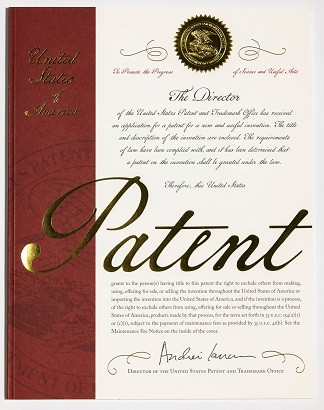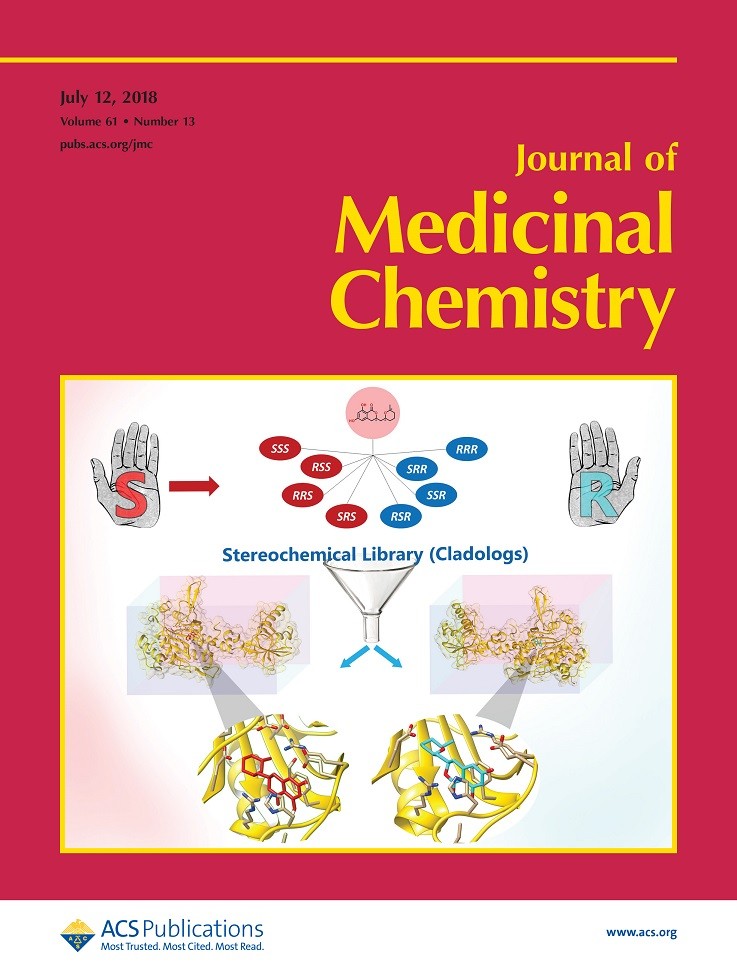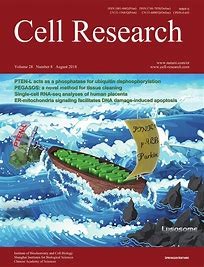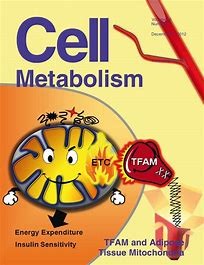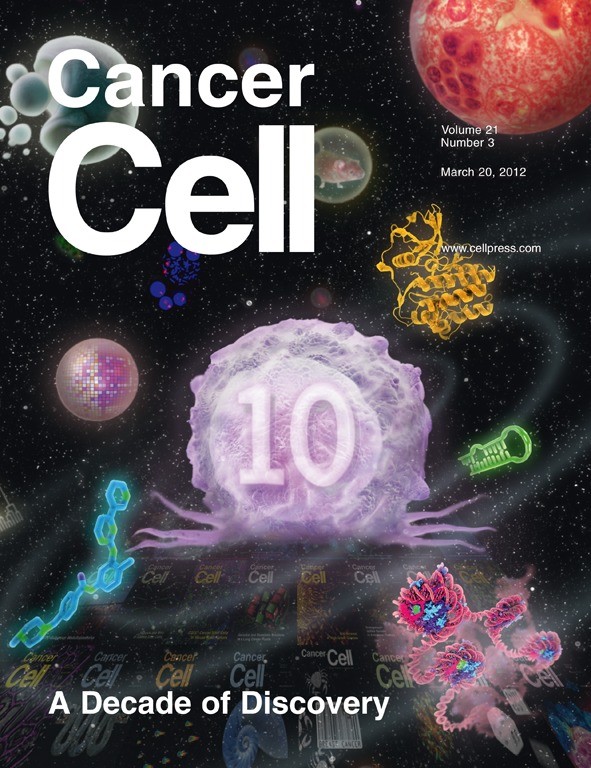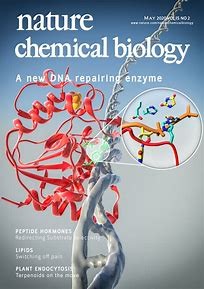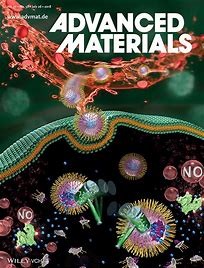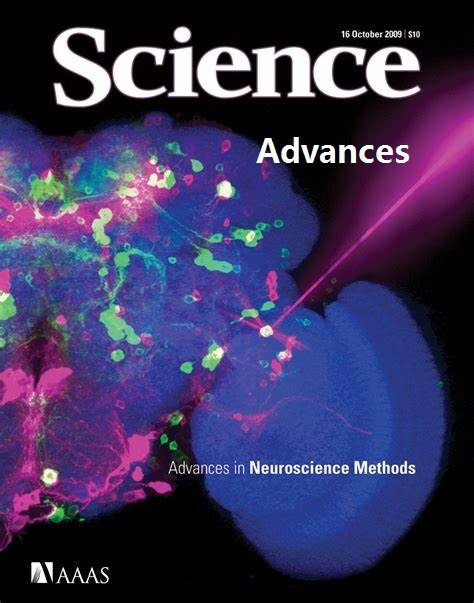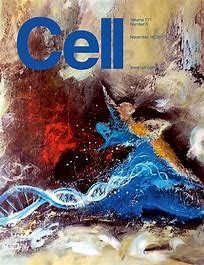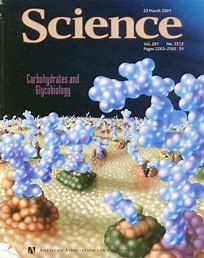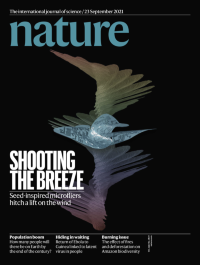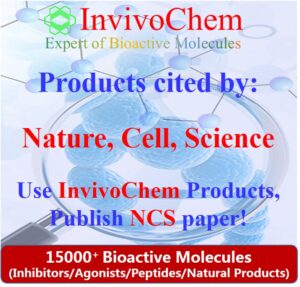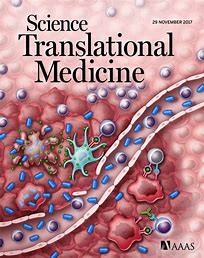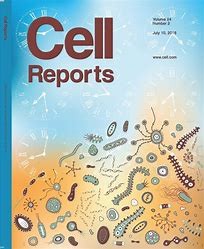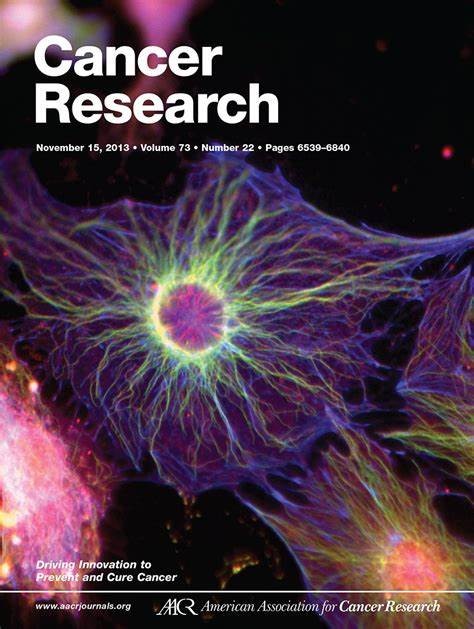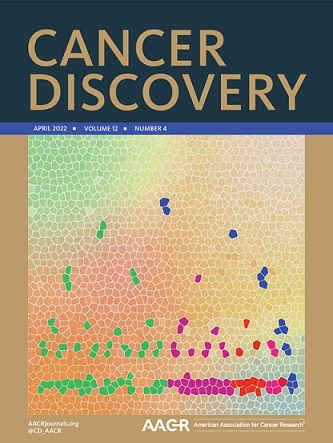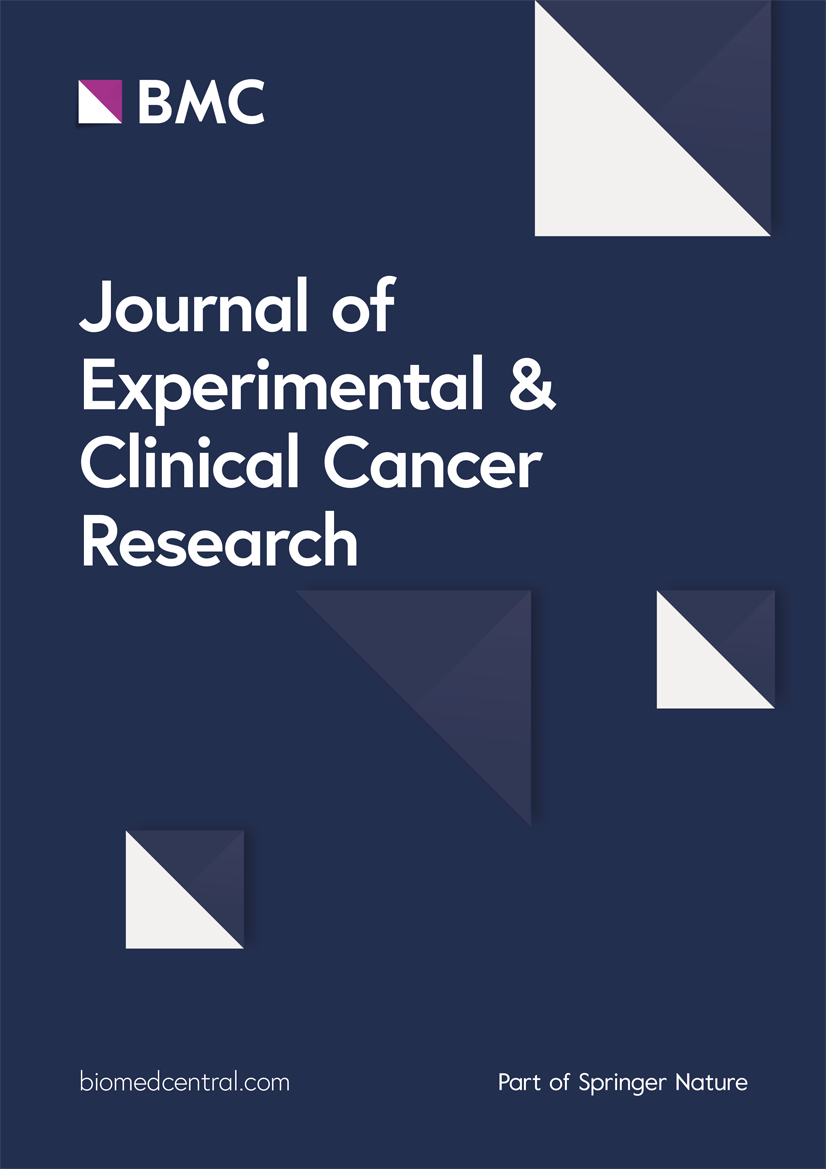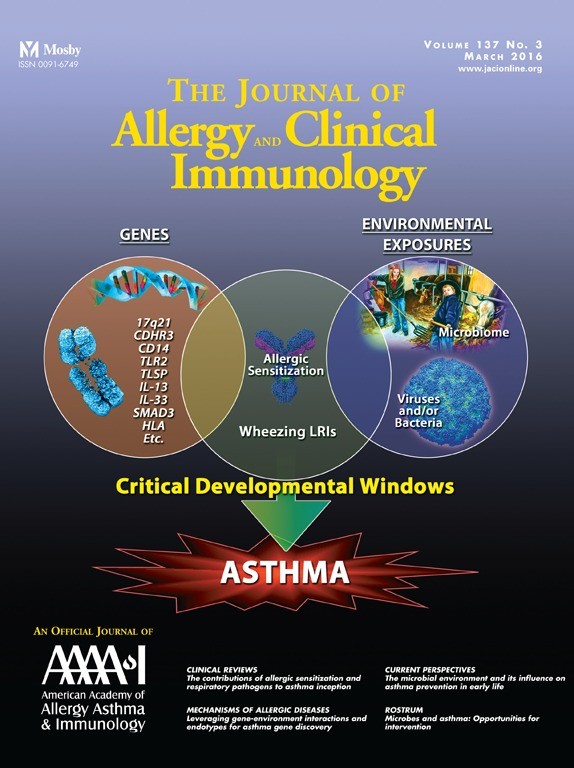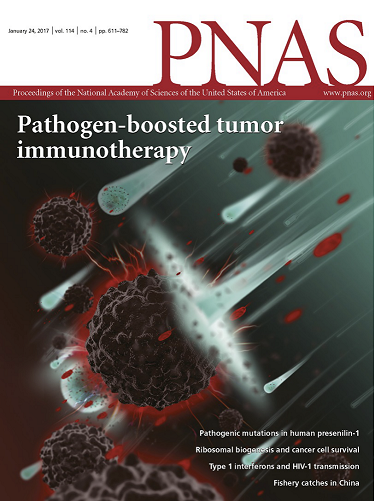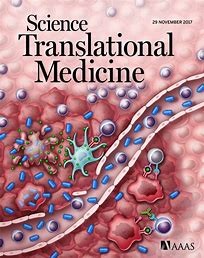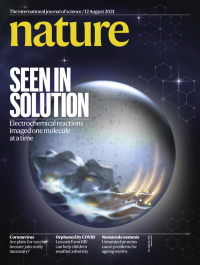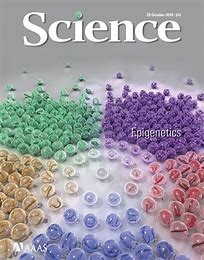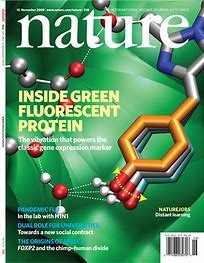ZK-756326 dihydrochloride
This product is for research use only, not for human use. We do not sell to patients.

For small sizes, please check our retail website as below: www.invivochem.com
| Size | Price | Stock |
|---|---|---|
| 250mg | $750 | Check With Us |
| 500mg | $1200 | Check With Us |
| 1g | $1800 | Check With Us |
Cat #: V28513 CAS #: 1780259-94-0 Purity ≥ 99%
Description: ZK-756326 is a novel, selective, potent and non-peptide agonist of CCR8 chemokine receptor with an IC(50) value of 1.8 muM.
Top Publications Citing Invivochem Products
Publications Citing InvivoChem Products
Product Promise
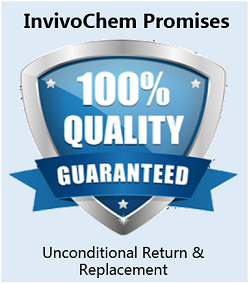
- Physicochemical and Storage Information
- Protocol
- Related Biological Data
- Stock Solution Preparation
- Quality Control Documentation
| Molecular Weight (MW) | 429.38 |
|---|---|
| Molecular Formula | C21H30Cl2N2O3 |
| CAS No. | 1780259-94-0 |
| Protocol | In Vitro | ZK 756326 inhibits the binding of the CCR8 ligand I-309 (CCL1), with an IC50 value of 1.8 μM. ZK 756326 is a full agonist of CCR8, dose-responsively eliciting an increase in intracellular calcium and cross-desensitizing the response of the receptor to CCL1. ZK 756326 stimulates extracellular acidification in cells expressing human CCR8. Binding competition assays are performed on a series of other G-protein-coupled receptors to determine whether the interaction of ZK 756326 is specific for CCR8. In these assays, ZK 756326 is tested at 50 μM for inhibition of radiolabeled ligand binding. At this concentration, ZK 756326 shows >28 fold specificity for CCR8 compared with 26 other GPCRs, all with IC50 values of >50 μM. There is less selectivity when ZK 756326 is tested against the serotonergic receptors 5-HT1A, 5-HT2B, 5-HT2C, 5-HT5A, 5-HT6, and the adrenergic receptor α2A, in which IC50 values of 5.4, 4,4, 34.8, 16, 5.9, and <20 μM (at 20 μM 65% inhibition), respectively, are observed. The compound is unlikely to be an agonist on these biogenic amine receptors, because when tested at concentrations up to 10 μM on a representative receptor, 5-HT1A, it shows no agonist activity in a GTPγS binding assay |
|---|
These protocols are for reference only. InvivoChem does not
independently validate these methods.
| Solvent volume to be added | Mass (the weight of a compound) | |||
|---|---|---|---|---|
| Mother liquor concentration | 1mg | 5mg | 10mg | 20mg |
| 1mM | 2.3289 mL | 11.6447 mL | 23.2894 mL | 46.5788 mL |
| 5mM | 0.4658 mL | 2.3289 mL | 4.6579 mL | 9.3158 mL |
| 10mM | 0.2329 mL | 1.1645 mL | 2.3289 mL | 4.6579 mL |
| 20mM | 0.1164 mL | 0.5822 mL | 1.1645 mL | 2.3289 mL |
The molarity calculator equation
Mass(g) = Concentration(mol/L) × Volume(L) × Molecular Weight(g/mol)
Mass
=
Concentration
×
Volume
×
Molecular Weight*
The dilution calculator equation
Concentration(start)
×
Volume(start)
=
Concentration(final)
×
Volume(final)
This equation is commonly abbreviated as: C1 V1 = C2 V2
Concentration(start)
C1
×
Volume(start)
V1
=
Concentration(final)
C2
×
Volume(final)
V2
Step One: Enter information below
Dosage mg/kg
Average weight of animals g
Dosing volume per animal µL
Number of animals
Step Two: Enter the in vivo formulation
%DMSO
+
%
+
%Tween 80
+
%ddH2O
Calculation Results:
Working concentration:
mg/ml;
Method for preparing DMSO master liquid:
mg
drug pre-dissolved in
µL
DMSO(Master liquid concentration
mg/mL)
,Please contact us first if the concentration exceeds the DMSO solubility of the batch of drug.
Method for preparing in vivo formulation:
Take
µL
DMSO master liquid, next add
µL
PEG300, mix and clarify, next add
µL
Tween 80,mix and clarify, next add
µL
ddH2O,mix and clarify.
Note:
- (1) Please be sure that the solution is clear before the addition of next solvent. Dissolution methods like vortex, ultrasound or warming and heat may be used to aid dissolving.
- (2) Be sure to add the solvent(s) in order.
